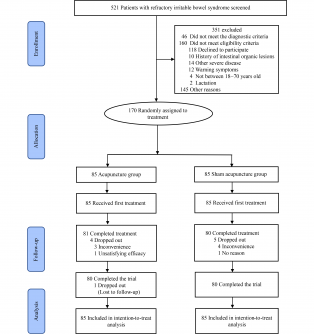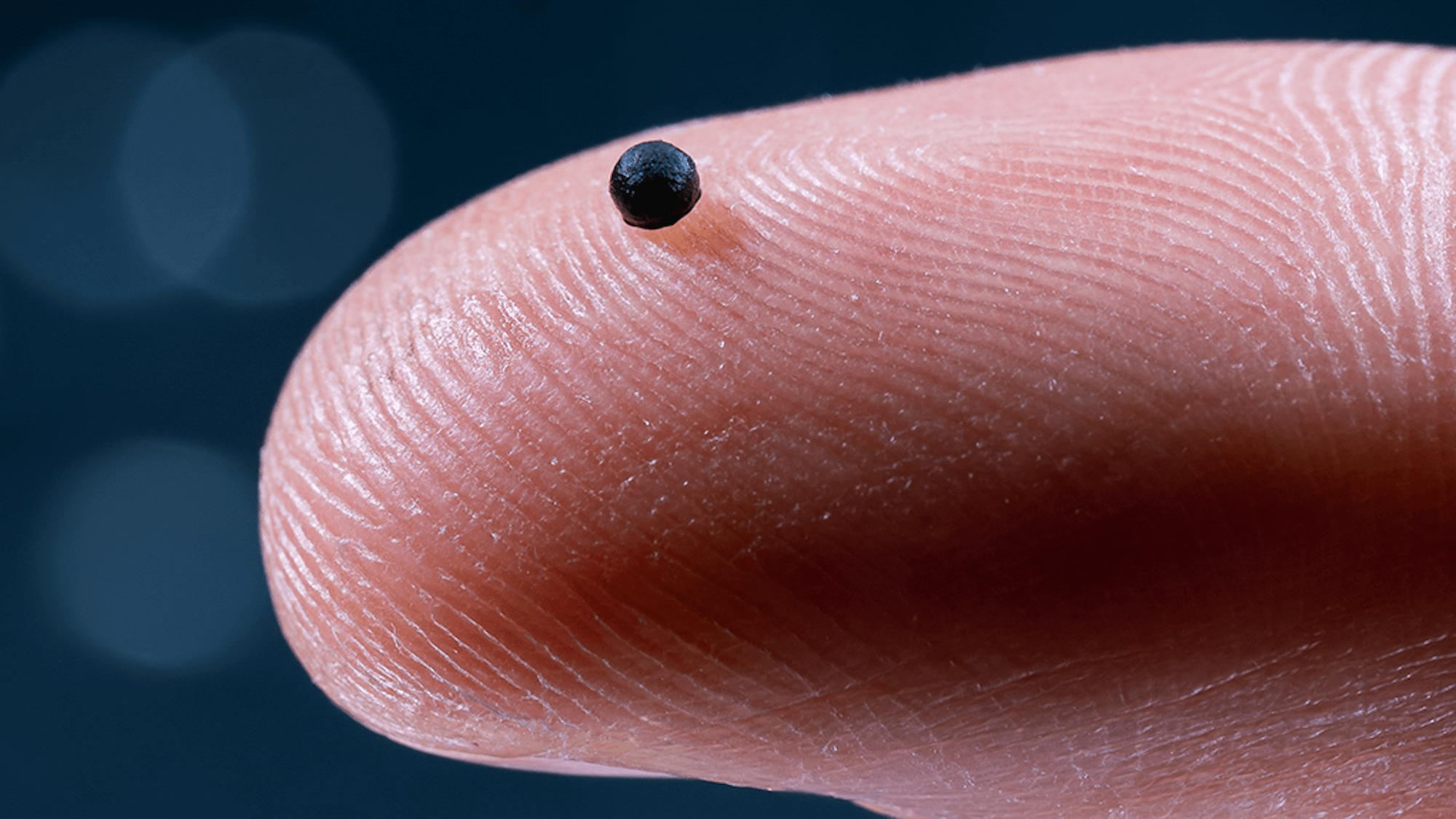Research from the Beijing University of Chinese Medicine and Chengdu University of Traditional Chinese Medicine has demonstrated that acupuncture may provide significant benefits for patients suffering from refractory irritable bowel syndrome (IBS). The findings, published in Frontiers of Medicine, Volume 18, Issue 4, indicate that acupuncture can improve symptoms and enhance quality of life for individuals who do not respond well to conventional treatments.
IBS is a prevalent functional gastrointestinal disorder characterized by recurrent abdominal pain and altered bowel habits. Patients often experience a range of debilitating symptoms that significantly impact their daily activities and overall quality of life. Current pharmacological and psychological therapies frequently yield limited success, leading to a search for alternative treatments. This study aimed to evaluate the efficacy and safety of acupuncture compared to sham acupuncture in treating refractory IBS.
The multicenter, randomized, sham-controlled trial involved 170 patients, split evenly into two groups. Participants received either real or sham acupuncture three times a week for a total of 12 sessions. While undergoing treatment, patients continued with their usual care. The primary measure of efficacy was the change in the IBS-Symptom Severity Scale (IBS-SSS) score from baseline to week four, with additional evaluations of quality of life and any adverse events.
Results revealed a notable decrease in the IBS-SSS total score for the acupuncture group, which dropped by 140.0 (95% CI: 126.0 to 153.9). In contrast, the sham acupuncture group experienced a decrease of only 64.4 (95% CI: 50.4 to 78.3). This resulted in a significant between-group difference of 75.6, highlighting acupuncture’s superior efficacy.
The positive effects of acupuncture persisted during a four-week follow-up, showcasing its potential for long-term benefits. Additionally, patients reported improvements in quality of life and social adaptability, with no serious adverse events attributed to the treatment.
These findings suggest that acupuncture, when combined with standard treatment protocols, can offer a viable and safe option for patients struggling with refractory IBS. This research opens new avenues for clinical practice, providing healthcare providers with more strategies to manage this challenging condition.
For further details, the full study is accessible at: https://doi.org/10.1007/s11684-024-1073-7.







